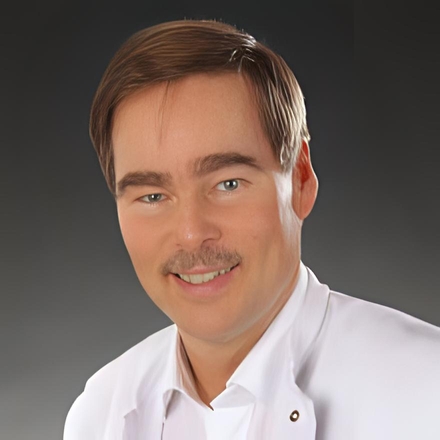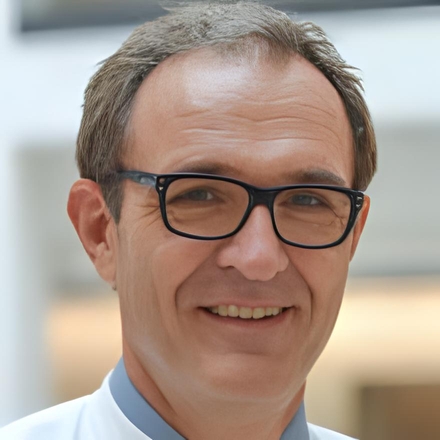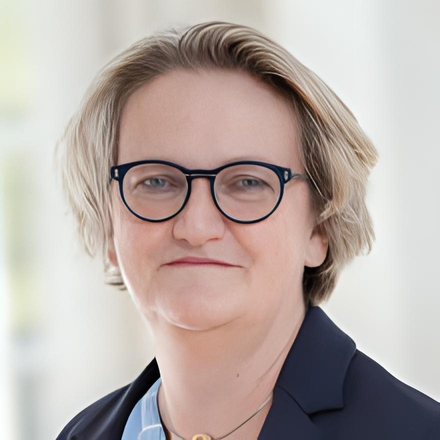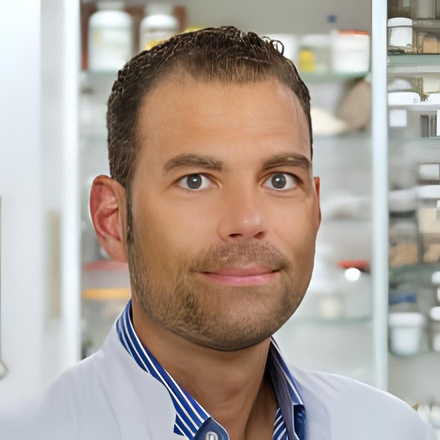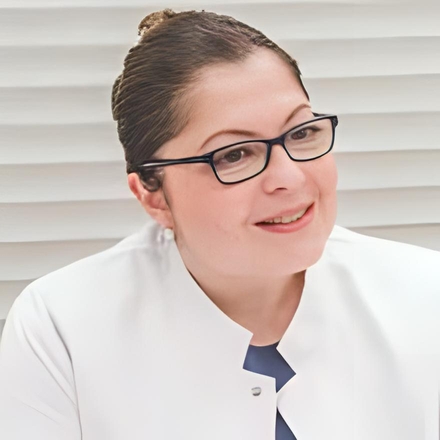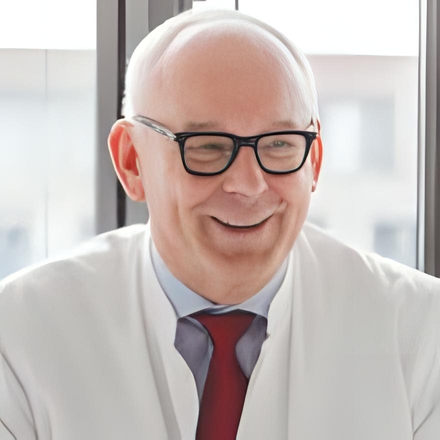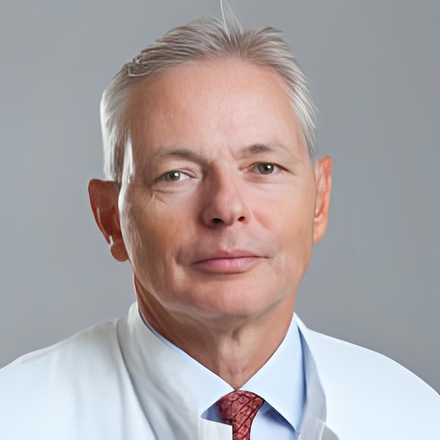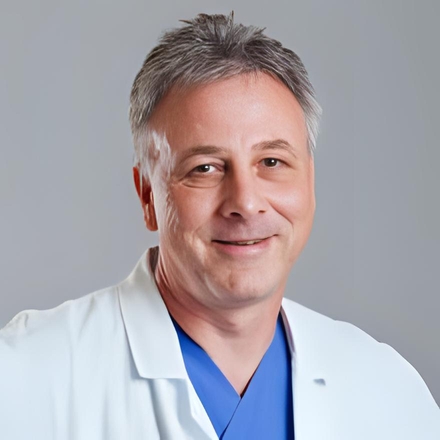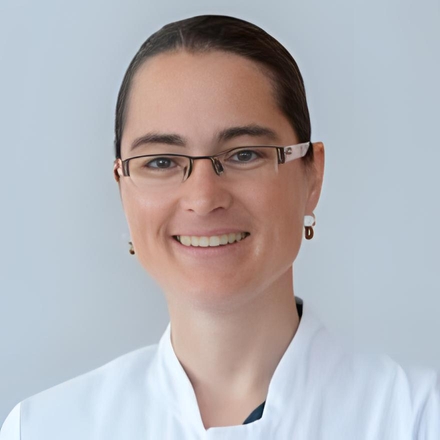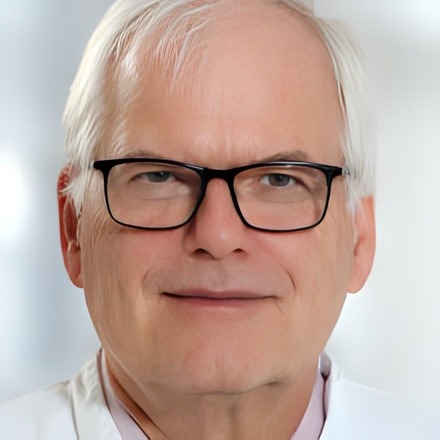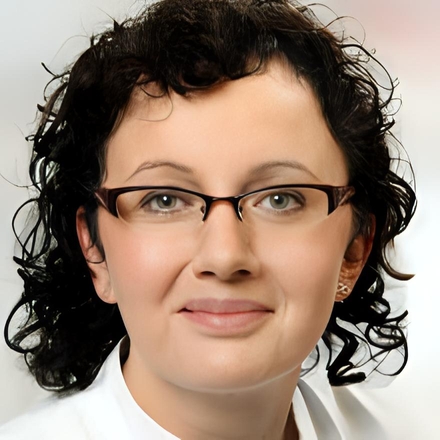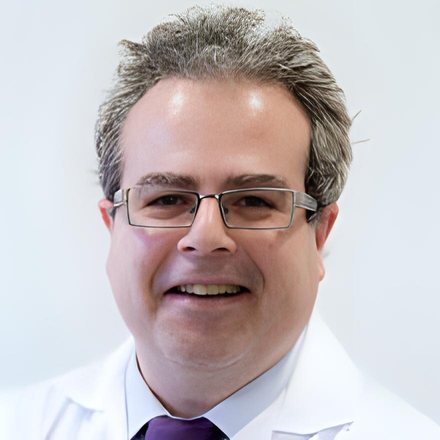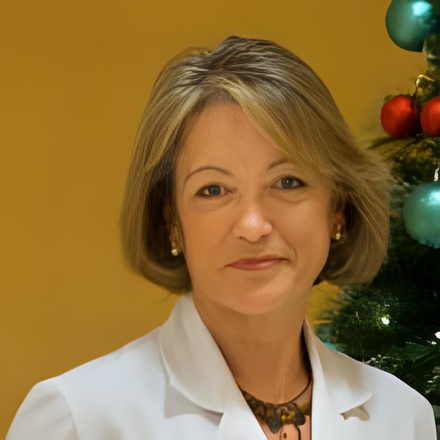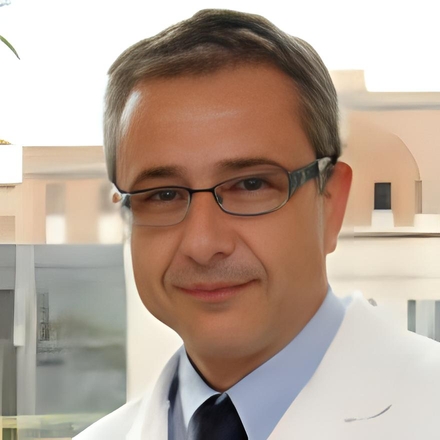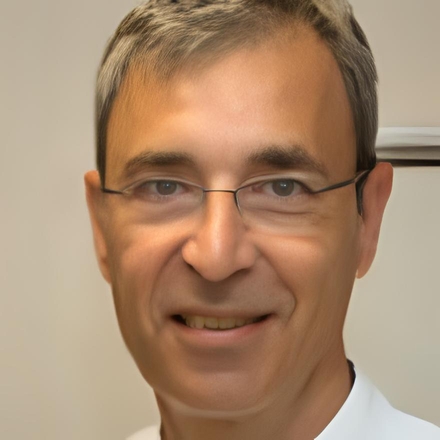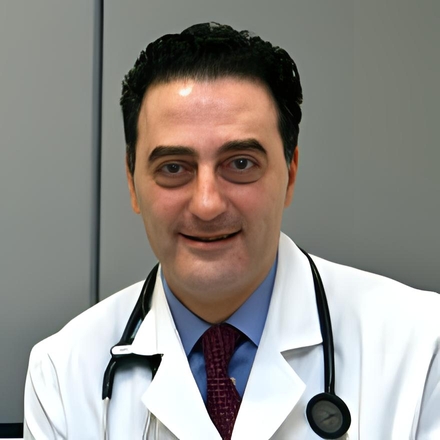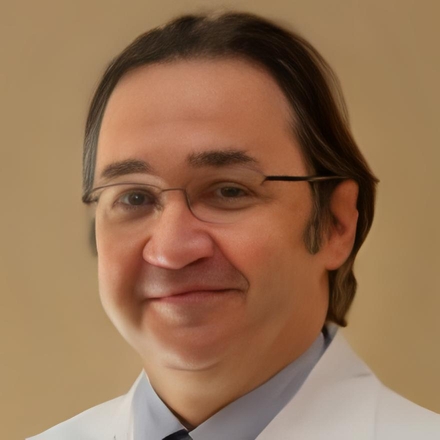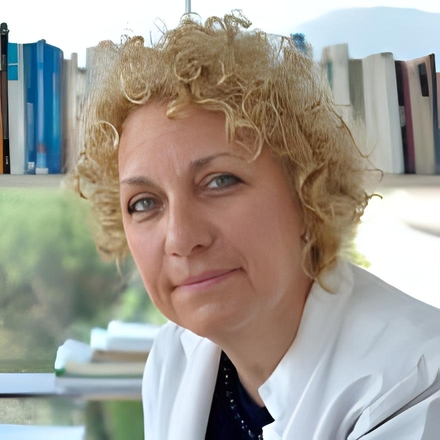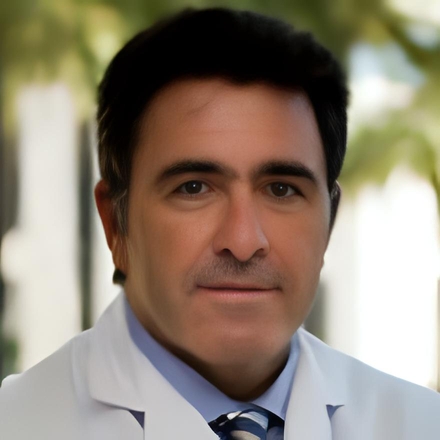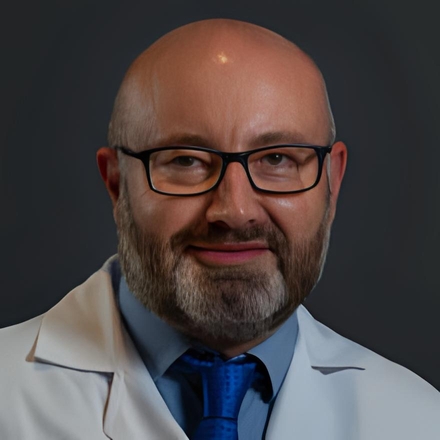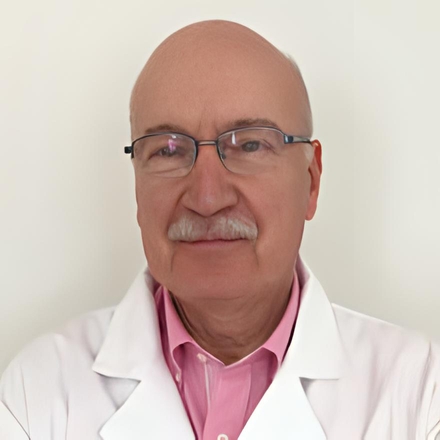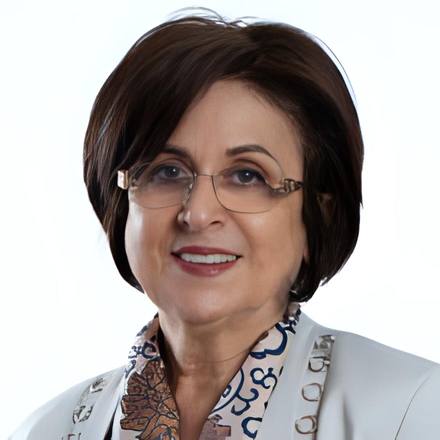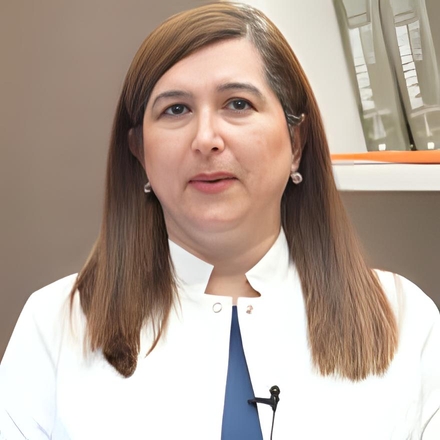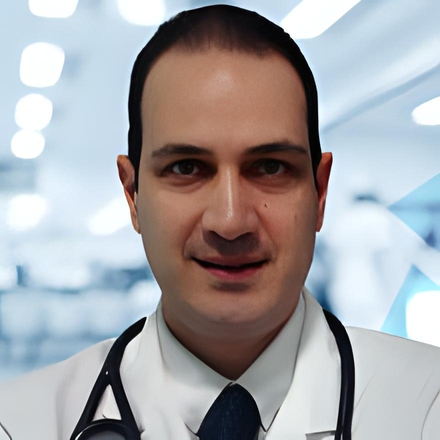How to select a top primary care doctor?
When seeking primary care for diagnosis, patients must choose their health screening doctor carefully, as they are entrusting them with their health and life. The success of their trip depends on this crucial decision. Several criteria should be considered to ensure holistic care and the best possible outcome:
Criteria to find the best internal medicine specialist
<dl>Doctor's education. It is of utmost importance and should not be overlooked. Best primary care doctors usually have studied at prestigious universities in their home country or abroad. It is also essential to take note of any additional training and internships that a doctor may have undergone. It indicates that their knowledge is up-to-date with the latest scientific data.
Experience in disease prevention. Consider a doctor who has only been practicing for five years but has already performed several thousand procedures versus a doctor who has been practicing for 30 years but focuses more on scientific research than practical work. A primary care physician with many years of experience is highly valued, so it is no wonder that patients from all over the world go to a gifted specialist, and it does not matter in which country this professional works.
Patient engagement & reviews. According to RepuGen, a California-based healthcare Reputation management platform, more than 81% of patients use reviews to evaluate primary care doctors before contacting them. It makes patient feedback crucial when selecting a specialist for routine check-ups. AiroMedical provides genuine reviews, which you can find on the doctor’s and clinic's pages.
Certification and recognition. Family doctors are eligible for membership in professional organizations, and communities meet all the necessary qualifications. These doctors actively participate in medical conferences and symposiums, exchanging experiences with foreign colleagues and staying up-to-date with medical innovations. Honorary titles and awards serve as confirmation of a doctor's achievements. If these accolades relate to a patient's problem, they should be given special attention.
Using evidence-based medicine. The doctor should stay up-to-date with evidence-based data for drugs, treatment methods, and diagnoses. It helps doctors quickly find and critically evaluate the necessary information. This approach teaches doctors to analyze information and perform only really indicated procedures during your health check-up.
Asses to the latest diagnostic tests. The best diagnostic doctors have new approaches to exclude the error possibility. For example, diagnostics for pregnant women reveal many pathologies even before the birth of a child – ranging from genetic diseases to heart defects. Thermal mammography can detect breast cancer at its earliest stages, and techniques like nystagmography and plethysmography can study the movement of eyeballs and blood flow.
Clinic level & service cost. The cost of consultation and examination varies based on the doctor's qualifications. Seeking the services of a renowned doctor, head of department, or clinic can be more expensive. The medical facility level also affects the prices, with private and university hospitals being more costly than public ones due to their higher level of patient care.</dl>
Additional factors for your doctor choice
We advise you to check extra details before a comprehensive health check-up. Some of them can narrow down your doctor selection process. Such an approach match you with specialists that perfectly suit your medical need.
<dl>Narrow specialization. Sometimes, a disease may appear similar to other illnesses or not show enough symptoms, making it difficult to diagnose. In this case, a diagnostician in the relevant medical field can be consulted. Along with general areas like urology, gynecology, and cardiology, highly specialized doctors such as uro-oncologists and neuro-oncologists can provide personalized care.
Extra qualification in pediatrics & geriatrics. When a family practice doctor examines children and elderly patients, he needs to consider clinical issues and psychological, ethical, social, and other concerns. It requires professional expertise and an understanding of the specific needs of these age groups. Knowing these factors helps determine the strategy and approach to proper elderly and pediatric care in managing the patient.
Referrals for multidisciplinary care. A diagnostician can assess the overall picture of disease and the condition of internal organs through various methods. Internal medicine providers identify the disease's cause, make a diagnosis, and refer the patient to a specialist for treatment. An interdisciplinary team of doctors considers the case of each patient. As a result, the patient received a detailed picture of his condition and shared decision-making on the treatment algorithm.</dl>
Many clinics and prevention centers offer extra services such as nutrition counseling, health coaching, anti-stress training, and physical exercise training. Make sure your doctor works in such a place so you benefit from an all-in-one comprehensive health check-up.





